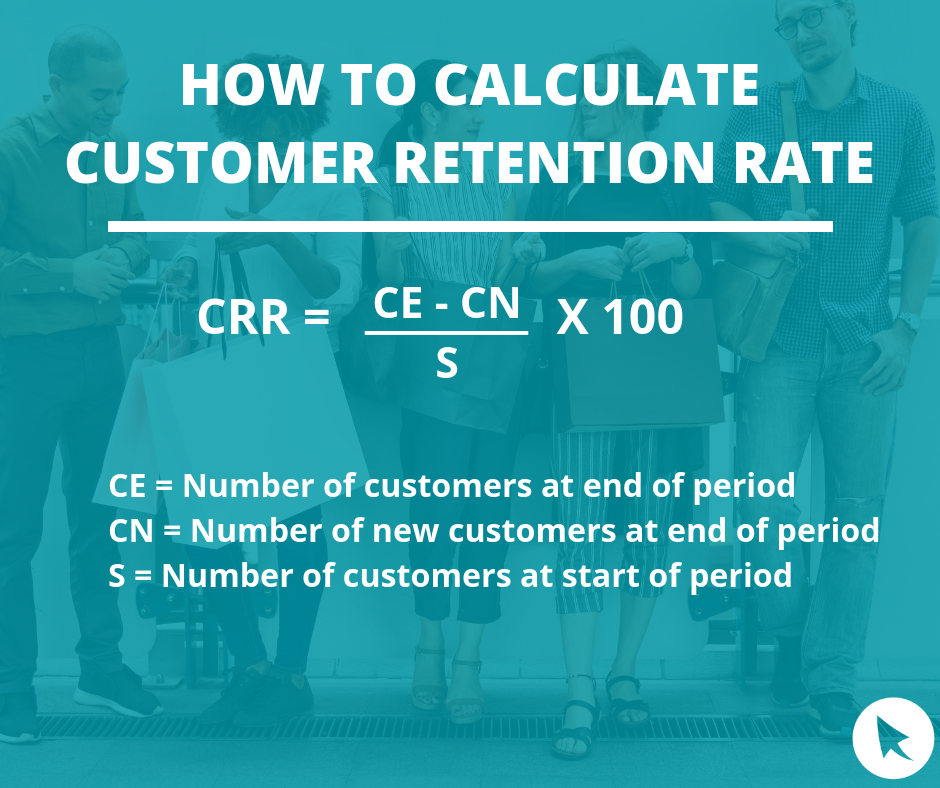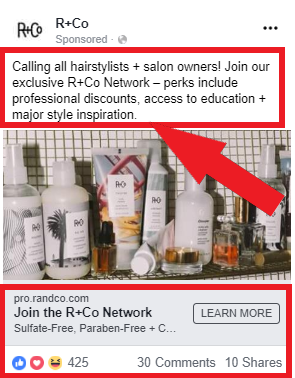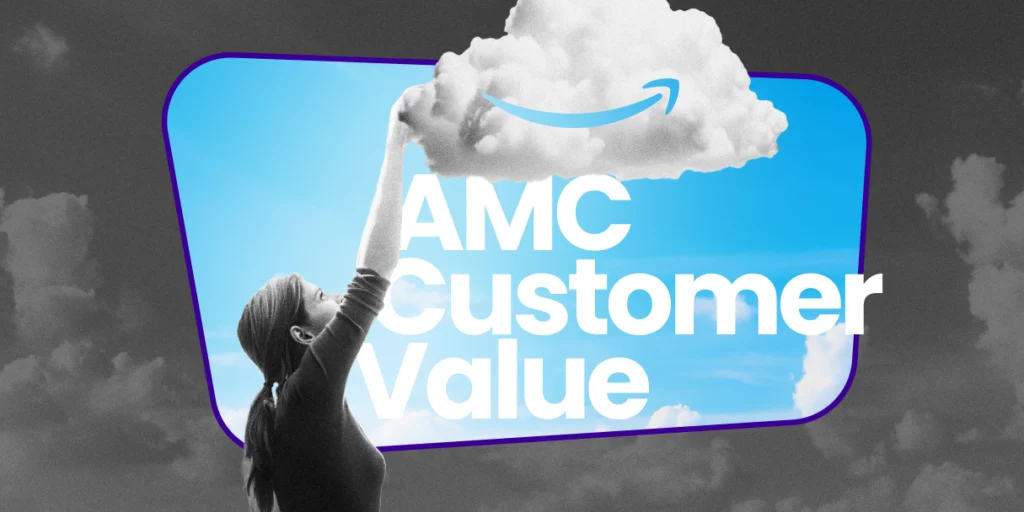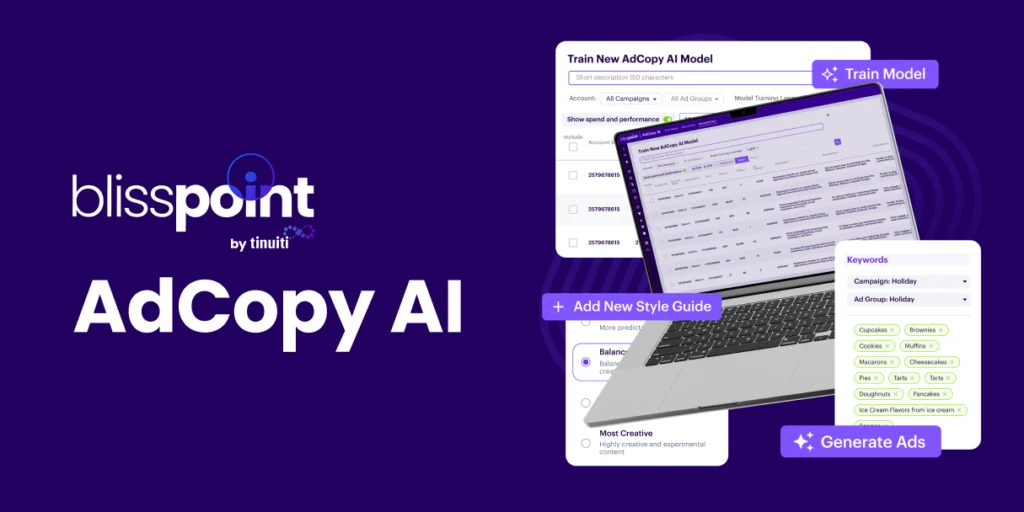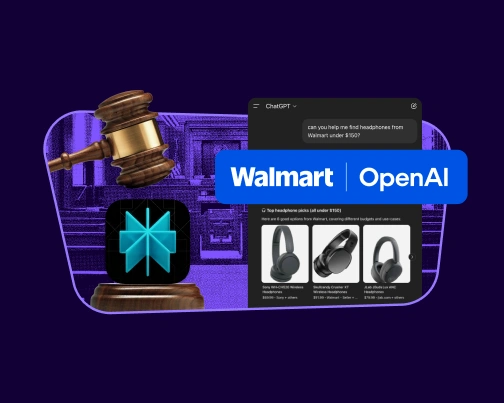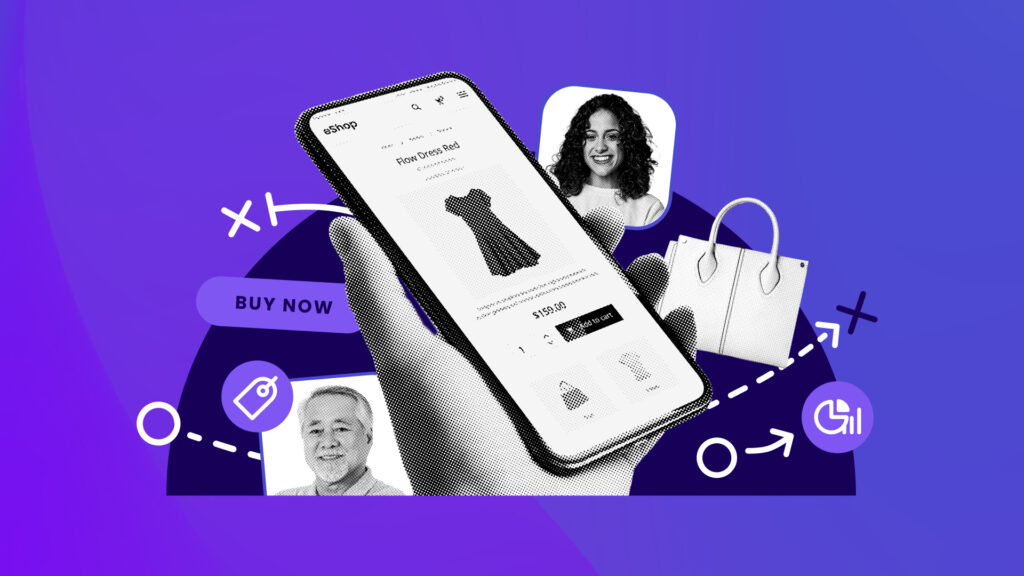Did you know that customer retention is the most cost-effective method of driving growth for most businesses?
Although as much as 80% of marketing budgets is spent on mass acquisition initiatives, research shows that the path to profitable growth is through the customers you already have.
Here’s a quick dive into the concept of customer retention, why it’s so important for ecommerce retailers, and some actionable strategies for improving your customer retention rate.
Today’s leading retailers are placing more focus on retaining their customers while they’re active — a strategy that, point for point, can drive three times the growth of customer acquisition.
-Kira Byrne, Demand Generation Manager at Custora
What Is Customer Retention?
Customer retention refers to the measures taken to retain or keep the existing customers of a business or company.
Investing in a sophisticated customer retention strategy is necessary to:
- Increase customer lifetime value
- Drive repeat purchases
- Build a network of loyal customers
“When the ecommerce retail landscape was new, acquiring new customers as quickly and cheaply as possible was every retailer’s primary goal,” explains Kira Byrne.
“But our latest research suggests that customer retention is more reliable and cost-effective way of driving top-line growth when compared to customer acquisition.”
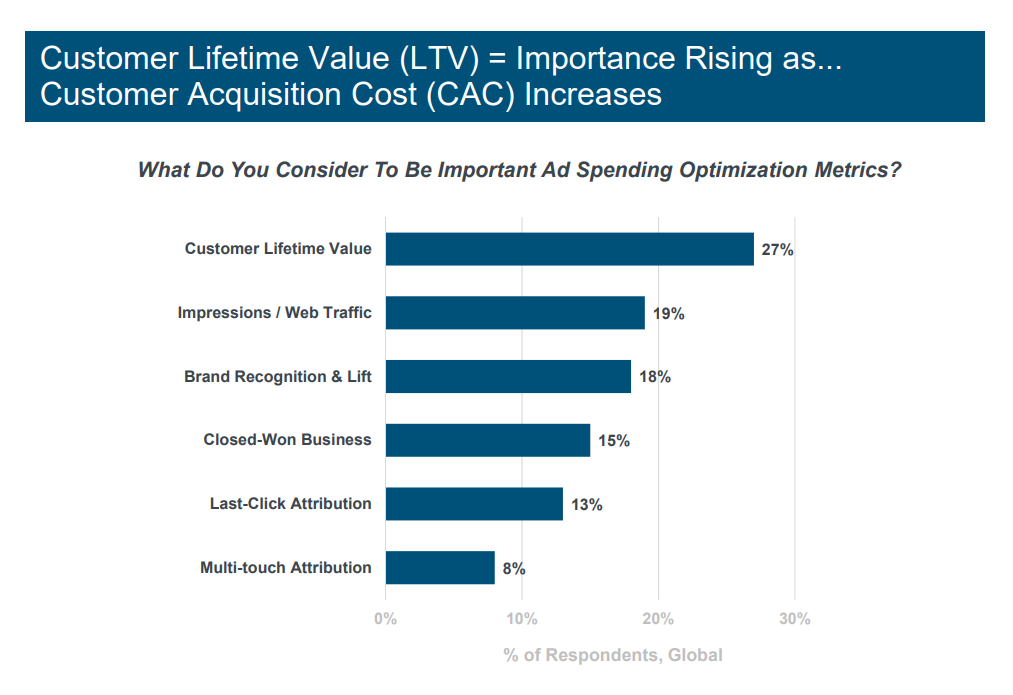
How to Calculate Customer Retention Rate
You can calculate your customer retention rate using this simple formula.
- Take your total number of customers at the end of a period.
- Subtract net new customers for that same period.
- Divide by the number of customers at the start of the period.
- Multiply the result by 100.
For example:
- You start the month with 50 customers.
- You gained 9 customers during the month, but also lost 5 customers due to customer churn.
- (54 – 9) / 50 = .9 * 100 = .90
- Based on this data, you have a 90% customer retention rate.
The Importance of Customer Retention
Customer retention increases customer lifetime value and provides cost-effective revenue growth.
Getting customers to “stick around” is critical for increasing lifetime value and cost-effective revenue growth.
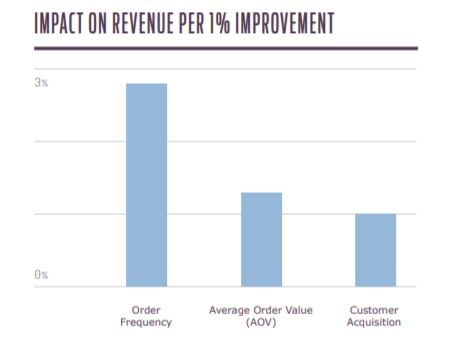
“Acquiring a new customer can come with a high one-time cost, but every purchase they make after that makes your initial investment well worth it by increasing their customer lifetime value.”
Consider the following:
- 5% of customers are responsible for 30-40% of all revenue.
- The revenue of 1 repeat purchaser equals that of 5 new shoppers.
- Returning and repeat purchasers are up to 9 times more likely to convert than a new shopper.
“Facebook’s CPC increased 136% last year and it is likely that customer acquisition costs will continue to skyrocket as competition grows,” explains Kira.
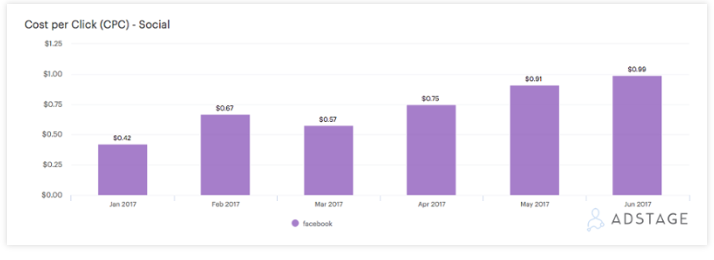
“This leaves marketers struggling to compete in a crowded ad space and the likelihood that new customers will stick around to make repeat purchases is low.”
As businesses scramble to compete for the same customers, customer retention becomes key to driving that incremental growth out of your existing customer base.
What is Customer Churn?
Customer churn refers to a business losing customers or clients. It’s the opposite of customer retention.
In a perfect world, your customers would always stick around — but the reality is that many of them will part ways with your brand over time.
Predicting and preventing customer churn is an important strategy for improving customer retention.
What are you doing to retain, engage, and improve the lifetime value of your customers?
According to Custora’s Lifecycle Guide to Customer Data, there is no “one-size-fits-all” solution to customer churn.
There are, however, strategies that brands can implement to improve retention and prevent churn.
Four Strategies to Boost Customer Retention
Preventing your valuable customers from fading away requires well-crafted initiatives to nurture and re-engage them.
While data and discounts may help you retain some customers, it all comes down to knowing who your customers are and improving the customer experience, says Kira.
Improving customer retention is all about improving the customer experience. This means knowing who your customers are — across all channels — and being aware of their product affinities, channel preferences, and buying habits.
1. Use Data to Map Customer Buying and Churn Cycles
Data can help you predict and intervene when customers might churn, increasing your customer retention.
You can’t accurately determine what offer or message will retain a customer if you can’t map important behaviors, such as their buying cycle.
You’ll need to leverage consumer data to pinpoint when and why customers disengage and then use this data to develop initiatives to retain those customers.
It’s important for us to understand how shoppers are finding you, how efficiently they’re converting, and how they re-engage with you after their initial purchase.
Important data sources include:
- Google Analytics & Google Attribution
- CRM Data
- Amazon Customer Insights
Kira explains that data platforms like Custora can help make insights from data more accessible for marketers and their acquisition and customer retention campaigns.
Employing machine-learning technology can help you detect when an individual customer is starting to fade and at risk of churn based on their ‘normal’ buying cycle, allowing you to act proactively rather than reactively.
2. Make Sure Customers Know You Value Your Relationship
Keeping top of mind with your customers is another way to boost customer retention.
Custora’s Lifecycle Marketer’s Guide gives a great example of how floral retailer Teleflora tracks customers who are “beginning to wander off the typical engagement path” and then re-engages these customers using a tiered offer strategy.
“Teleflora sends a relationship-focused message with no discount. As they wander further, Teleflora escalates the offer strategy, adding more urgent and action-oriented calls to action and discounts.”
They’ve seen a revenue lift of up to 25% per user from this segmentation strategy, according to Custora.
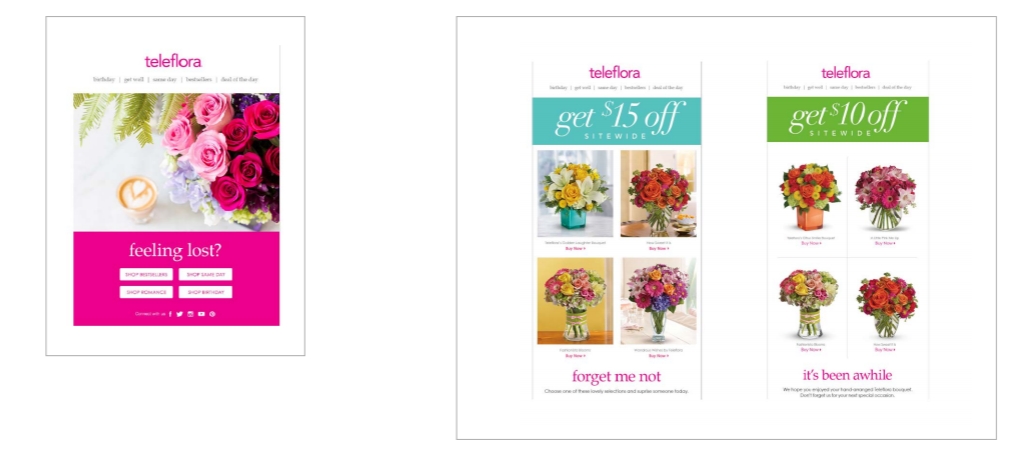
Nurture emails can be an effective way to keep in touch and stay top-of-mind with your customers.
However, discounts aren’t everything according to Custora’s latest Customer Growth guide.
It’s not enough to simply lure lapsed customers back with steep discounts; retailers need to re-educate them on the brand’s value proposition and re-build the relationship.
3. Offer A Value Prop They Can’t Refuse
Tangible offers and discounts that show you value the consumer can improve your customer retention.
Don’t just serve retargeting ads — give your customers a real reason to stick around.
There are multiple ways to entice your customers to get back into the store and repeat purchase.
Discounts, free shipping, early access to products — get creative.
Custora’s Retention Guide offers some great ideas to incentivize your customers to return your store.
4. Build Rapport With A Customer Loyalty Program
You can boost customer retention through loyalty programs that incentivize and educate your customers.
A majority of consumers believe loyalty programs are a big part of their relationship with a retailer–and about 64% of retailers agree.
A loyalty program can go beyond discounts by offering a channel with which to communicate and educate around topics that your audience cares about.
You can learn more about how to create a killer customer loyalty program here.
The Final Takeaway: Focus On Your Existing Customers
Your existing customer base is your greatest opportunity for cost-effective growth — focus on them relentlessly.
- Use data to map your customers’ journeys on all channels.
- Make sure your customers know the value of your relationship.
- Give them real reasons to stay in touch and return to your store.
Focusing on retaining your customers will drive higher order frequencies, increased lifetime value, and cost-effective revenue growth.
Want to learn more about how you can improve retention and customer lifetime value?
How Retail Brands Can Predict Customer Lifetime Value
The Retailer’s Guide to Customer Nurture Emails
Custora’s Lifecycle Marketer’s Guide to Customer Data
Customer Acquisition Strategy: How To Attract More First-Time Buyers
You Might Be Interested In



